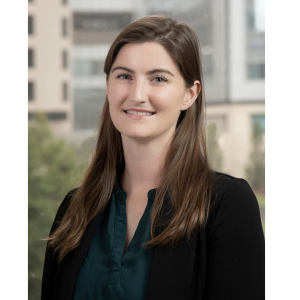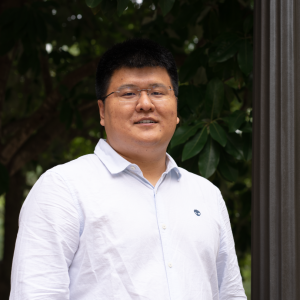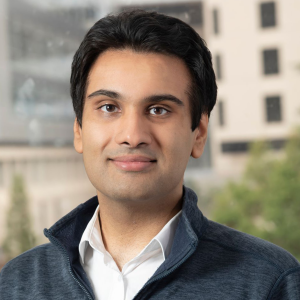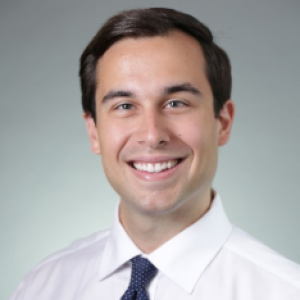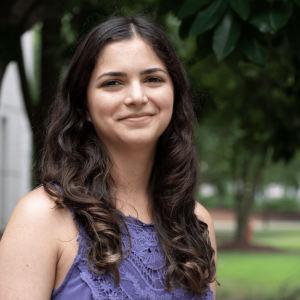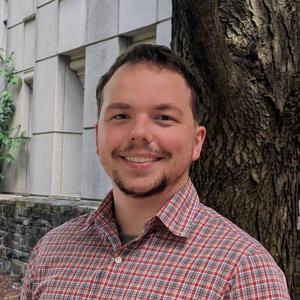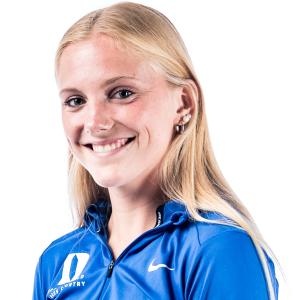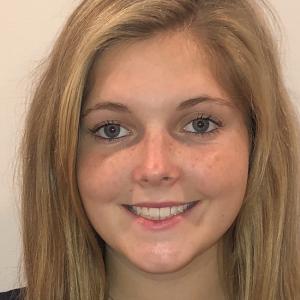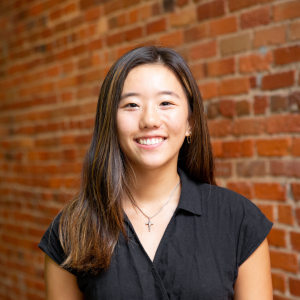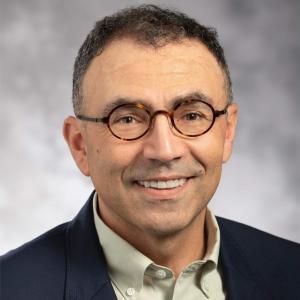
Professor in Medicine
Professor in Integrative Immunobiology
Professor in Pharmacology and Cancer Biology
Member of the Duke Cancer Institute
Overview
Our lab aims to advance the field of cancer research through novel ideas and challenging the accepted paradigms. Using both wet and dry lab techniques, we aim to understand biologically relevant tumor-immune interactions and leverage them to identify therapeutic vulnerabilities to bring new therapies to patients. We have a unique environment that enables the translation of basic science discoveries to innovative clinical trials and accelerates the testing of new and effective therapies in cancer patients.
Research Initiatives
Primary Study Areas
- Determine divergence in tumor cell signatures after interaction with the immune-neuronal microenvironment
- Discern immunogenic glioma neoantigen–T cell receptor (TCR) pairs
- Investigate brain tumor disruption of classical immune functions
- Analyze biospecimens collected from patients on clinical trials to find prognostic and predictive biomarkers
- Translate laboratory discoveries to surgical window of opportunity and other investigator-initiated clinical trials
Current Research Initiatives
- Develop biologically relevant in vitro and in vivo models of human tumor and tumor microenvironment in parallel with dry lab technologies (bioinformatics) to answer important tumor and immune intrinsic questions
- Integrate longitudinal human sample collection into multiple prospective protocols to answer pharmacological, immune, and biologic questions
- Preclinical and clinical development of tumor infiltrating lymphocytes (TILs) as a therapy for patients with CNS cancers
- Design and test new methods to directly deliver immunotherapies safely into brain tumors
Tumor Infiltrating Lymphocytes (TIL)
Tumor Infiltrating Lymphocytes (TIL) for patients with GLIOMAS
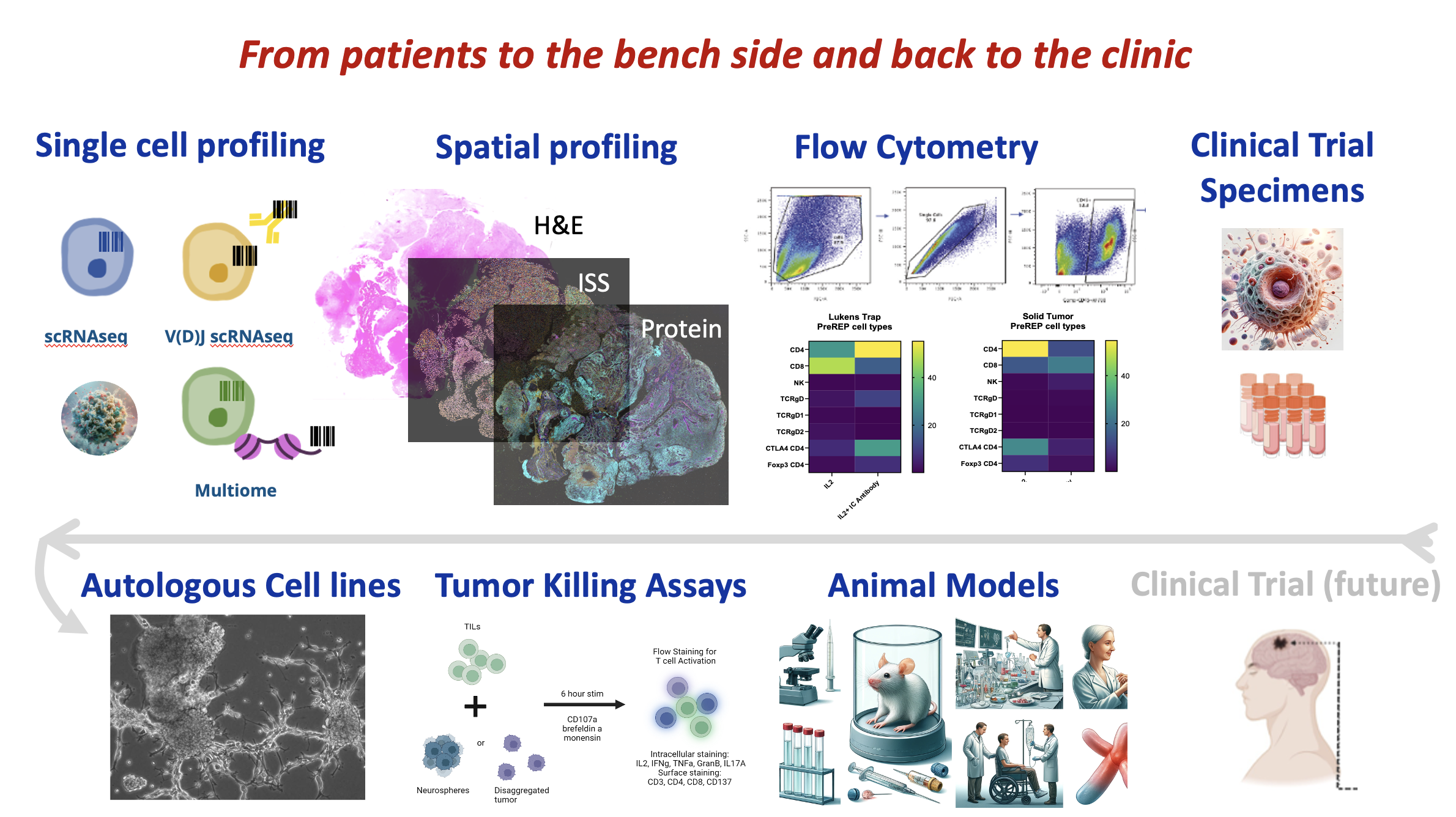
Schematic representation of our TIL Lab themes—an integrated workflow from patient samples to clinical application for developing personalized immunotherapies for glioblastoma. This approach combines Single Cell Profiling (scRNA-seq, V(D)J sequencing, and multimodal profiling) to assess gene expression and T cell diversity, with Spatial Profiling (H&E imaging, in situ sequencing, and protein analysis) to map gene expression in the tumor microenvironment. Flow Cytometry is used to characterize immune cell populations, while Clinical Trial Specimens provide autologous cell lines for Tumor Killing Assays. Patient Derived Animal Models allow preclinical testing of TIL therapies. These insights will guide future Clinical Trials to translate lab findings into effective glioblastoma treatments.
Primary brain tumors are cancers that originate in the brain. These tumors are very different from secondary brain tumors, which originally develop elsewhere in the body and spread, or metastasize, to the brain. Primary brain tumors develop from glial cells that support the function of the nerve cells, which are responsible for thought, sensation, muscle control, and coordination. "Glioma" is the name of a tumor that develops from a glial cell.
Gliomas are extremely heterogeneous, including both malignant and non-malignant compartments, requiring analysis of individual cells (as opposed to an average of all cells) to understand glioma biology.
Tumor Infiltrating Lymphocytes (TIL) has been used to effectively treat patients with lung cancer and melanoma. Reproducing similar results in gliomas has been challenging because the brain does not contain a high number of T cells, which are the main immune cells responsible for recognizing and killing cancer. Cancer, including brain tumors, hide from these T cells in order to grow. The few T cells that are able to infiltrate close to and interact with the tumor soon become inert, inactive, and exhausted. Thus, brain tumors do not contain many TILs, and even when T cells are found in brain tumors, they tend to be ineffective. Therefore, here at Duke we have successfully developed a unique new method to isolate TILs using tumor samples obtained from brain tumor patients.
Our team has recently developed new methods to grow Tumor Infiltrating Lymphocytes (TIL) in the laboratory, making them more active, numerous, and able to recognize the cancer.
The cancer cells have specific proteins (antigens) that are foreign to the individual patient and are recognized as such by the T cell receptors (TCR) so that the T cells and other components of the immune system like antibodies eliminate the cancer cells. Deciphering which TCR recognizes the foreign proteins (antigens) and how they can more efficiently eliminate cancer cells is a very active area of research and holds the key to finding cures for many cancers, including gliomas.
We are working to generate TILs in an efficient, cost-effective manner, to create a protocol that can be transferred to the Duke cell manufacturing facility, and to generate the data the US Food and Drug Administration (FDA) will require before we can conduct a clinical trial in patients. We are also working in parallel on another line of research to improve function and specificity of the TIL to make them more effective before giving them back to patients with glioma to kill the cancer cells more effectively.
*The information above is original text from The Khasraw Lab at the Preston Robert Tisch Brain Tumor Center at Duke.
Pictures and Stories
In "Pictures and Stories", we share glimpses of our lab's journey through photos. From conferences to team outings and activities, we believe in celebrating every milestone, big or small. Our team of researchers is dedicated to making breakthrough discoveries that can contribute to the betterment of society. Through this page, we hope to give you a sneak peek into our world and share our experiences with you.
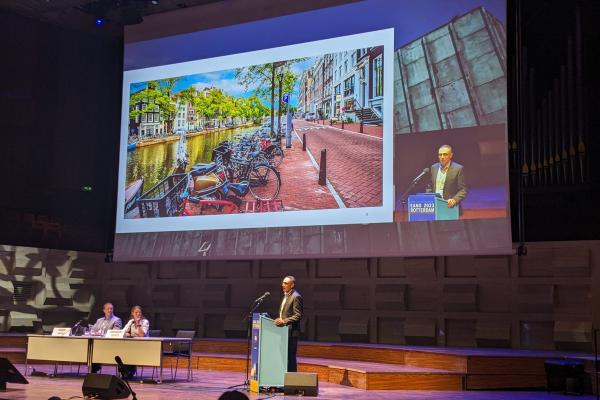
Dr. Mustafa Khasraw giving a keynote address at the 2023 European Association of Neurooncology.
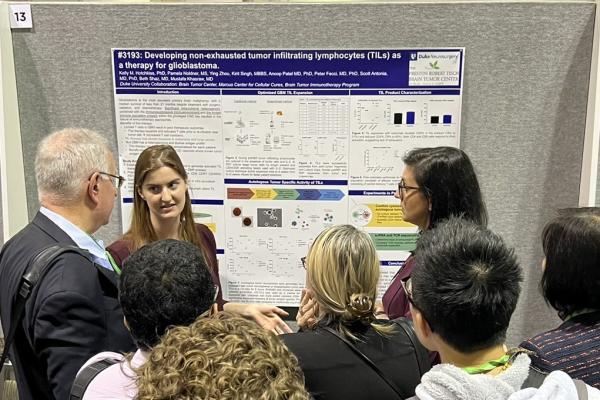
Dr. Kelly Hotchkiss drawing a crowd at her poster presentation on our TIL research at the 2023 American Association of Cancer Research conference.
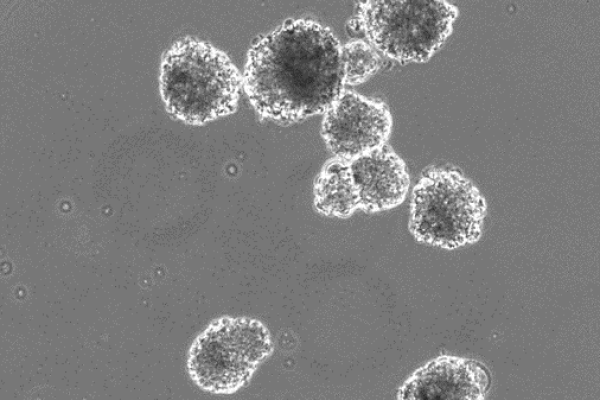
A microscopic view of glioma cells obtained from our patients at the time of surgery and grown in the lab.
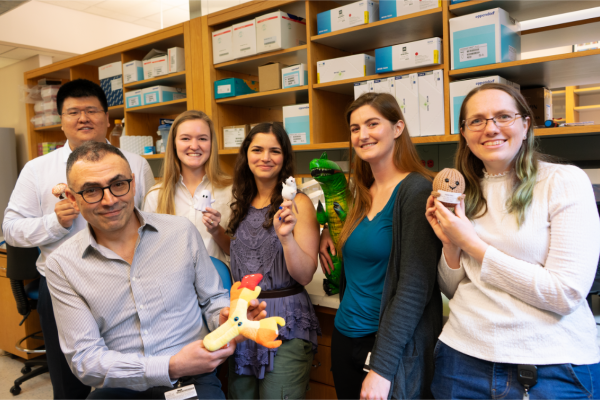
The Khasraw Lab in their new lab space in the Preston Robert Tisch Brain Tumor Center.
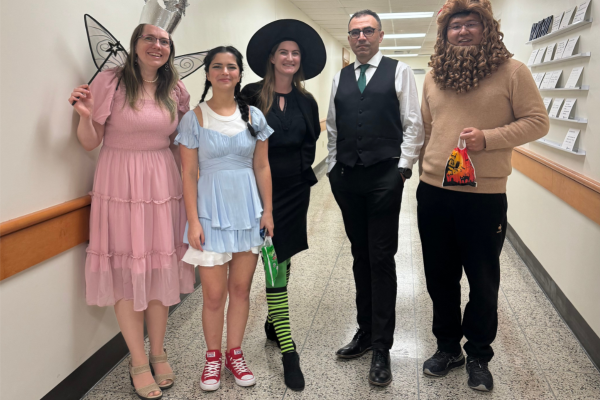
Trick or Treating in the Department of Neurosurgery as the characters from The Wizard of Oz for Halloween 2023.
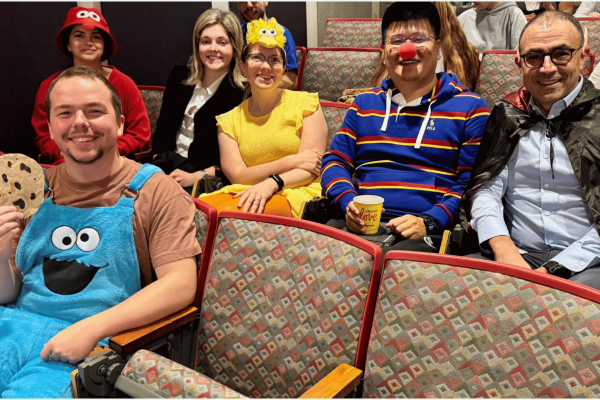
Lab members attend an immunology seminar dressed in Halloween 2024 costumes of sesame street characters like Cookie Monster, Big Bird, and Elmo.
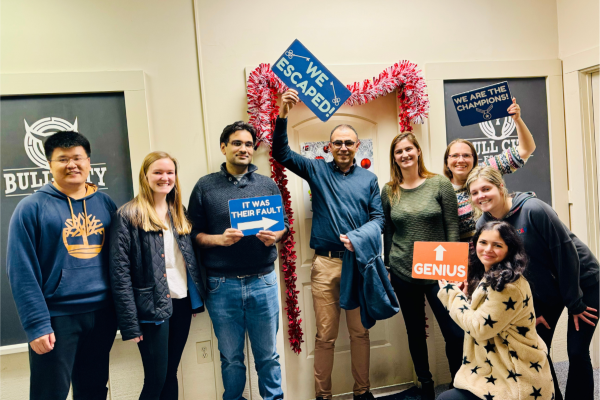
The Khasraw Lab at the Escape Room for the 2023 end of year celebration.
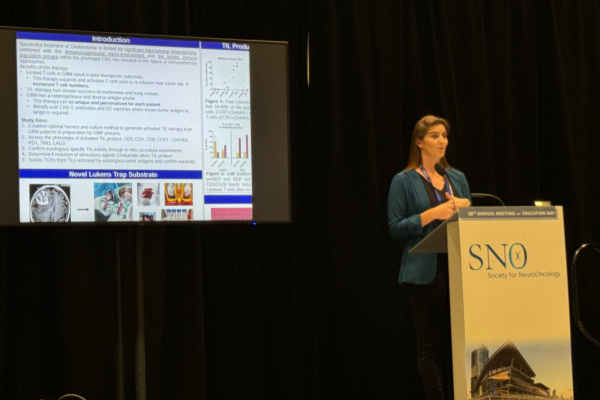
At the 2023 Society of Neurooncology (SNO) Poster Session and the lab was excited to support Dr. Hotchkiss’ (far right) talk on Tumor Infiltrating Lymphocytes.
Publications
To view publications associated with the Khasraw Lab, click here.
